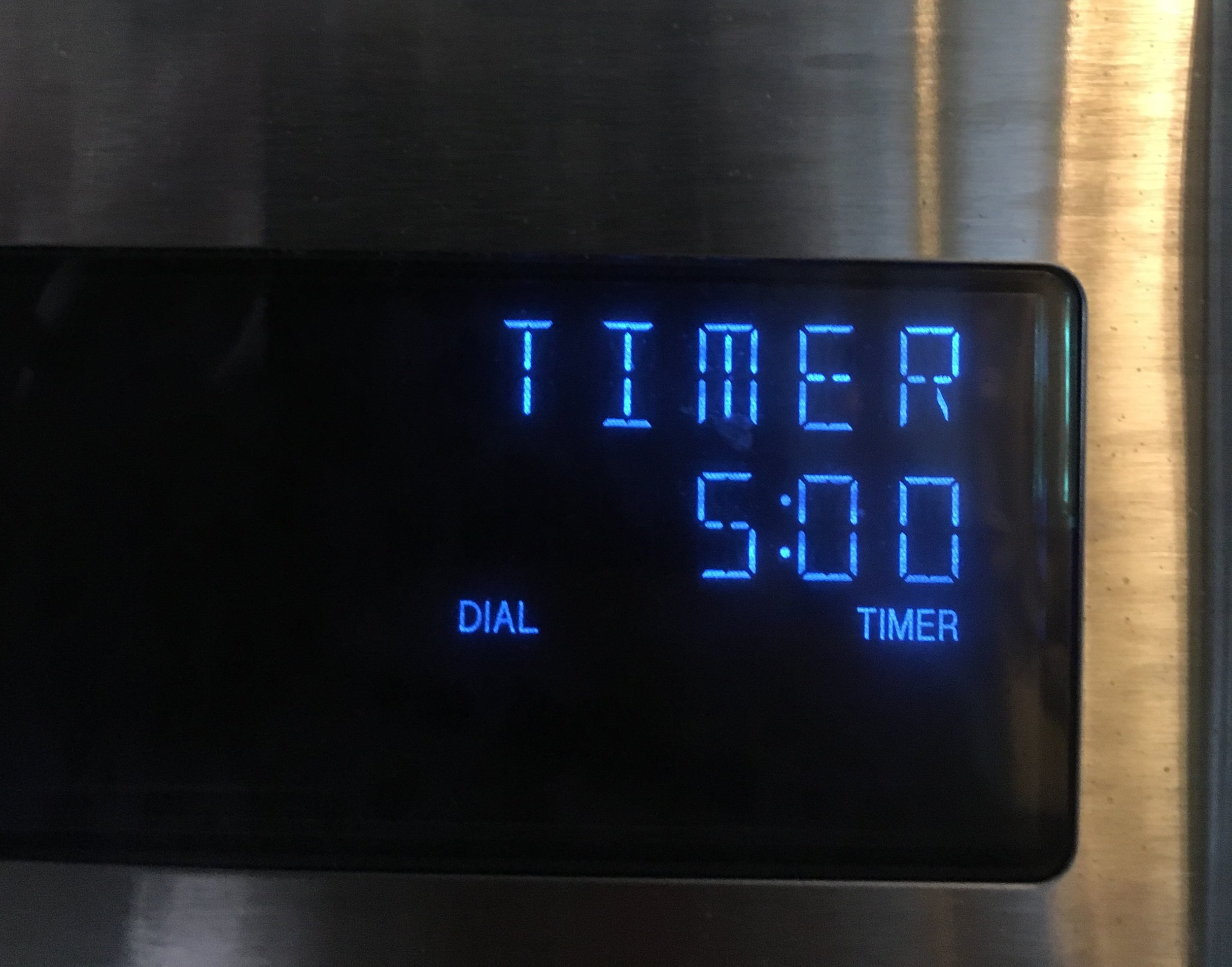The following is a guest post by author Dylan Foster
Search Other Posts
Photo by Pixabay
We all know that sleep is good for us. In fact, Mayo Clinic states the average adult needs 7 to 9 hours of sleep each night. During those hours, our REM cycle helps process the events of the day. Lack of sleep, on the other hand, can contribute to issues such as heart disease and diabetes.
You do have several options for combating sleeplessness. Prescription medications can help; however, they also come with their side effects. Sleeping pills can be highly addictive, and even those who aren’t addicted may experience side effects, which are enhanced with alcohol consumption.
Here are some natural ways to improve your — and your health — without the use of prescription meds.
Upgrade Your Bed
If you’ve been sleeping on the same mattress for several years now, it might be time for a new one. On average, you should change your mattress every 10 years. After that, it can contribute to aches, pains, and generally poor sleep.
Before investing in a new mattress, it can help to determine what type of sleeper you are. By understanding your sleeping habits, you can put your money to good use on the best mattress to support your quality of sleep.
For instance, if you sleep on your back or stomach, look for a versatile mattress can provide you with the necessary support you need. You should sink into the mattress just enough to feel comfortable, but not enough to misalign your spine or cause tossing and turning throughout the night. Along those same lines, side sleepers can benefit from choosing pillows that support the head and neck.
Learn the incredible practice of Yoga Nidra, the Yoga of Sleep
Another comfort concern is what you put on your mattress. If you’re trying to sleep on scratchy, sweaty sheets, you can still end up tossing and turning. With that in mind, ensure you top it with well-chosen bedding. You might need linen sheets in summertime, and flannel in winter. Choose according to your comfort and the season for the best results.
Exercise
Even if you have a fairly new, comfortable mattress, you may still struggle to fall asleep. That’s where exercise can help. As little as a half-hour of moderate aerobic exercise— like swimming, running, or cycling— can help improve your sleep that same night.
However, in certain individuals, exercise signals the body that it’s time to wake up. If you find that exercise increases your insomnia rather than decreasing it, make sure you end your workouts at least two hours before hitting the bed.
If you need a gentler form of movement, yoga, especially Yoga Nidra, can improve your sleeping habits. Yoga Nidra, in particular, is known for improving sleep habits and can help you feel well-rested.
If you have a tough time maintaining your fitness routine, you can use a fitness tracker or smartwatch to monitor your progress and make exercising more enjoyable. These gadgets can count the steps you take and the calories you burn and can even monitor your heart rate. Some even feature emergency SOS, fall detection, an altimeter, and a heart rate sensor.
Eating Habits
Although your eating habits might not be the first thing that comes to mind when you think of treating your insomnia, what you put into your body is crucial. Getting proper health and nutrition can benefit not only your waistline but also your level of shuteye.
To improve your sleep, try to eat a balanced diet consisting of plenty of fresh fruits, vegetables, and whole grains. When it comes to protein, choose options that are low in fat and high in vitamins. Some healthy choices include fish, poultry, lean meats, dairy, and eggs. Mood-boosting foods like kale, spinach, quinoa, and avocados are also nutritious options. Additionally, avoid drinking alcohol if you can. If you do choose to drink alcohol, try to have your beverage earlier in the day, so it’s less likely to interfere with your sleeping cycle.
If you’re having trouble getting to the root cause of your sleeplessness, it might be helpful to start a daily journal. Write down your experiences or use an app to provide clues into what could be triggering your lack of shuteye. Anything from eating a meal right before bed, to taking certain medications, or feeling anxious at night could be the culprit.
Consider sharing your journal with your doctors and other medical professionals to help manage your care. Once you know what’s causing your symptoms, you can take steps to improve your quality of sleep.










